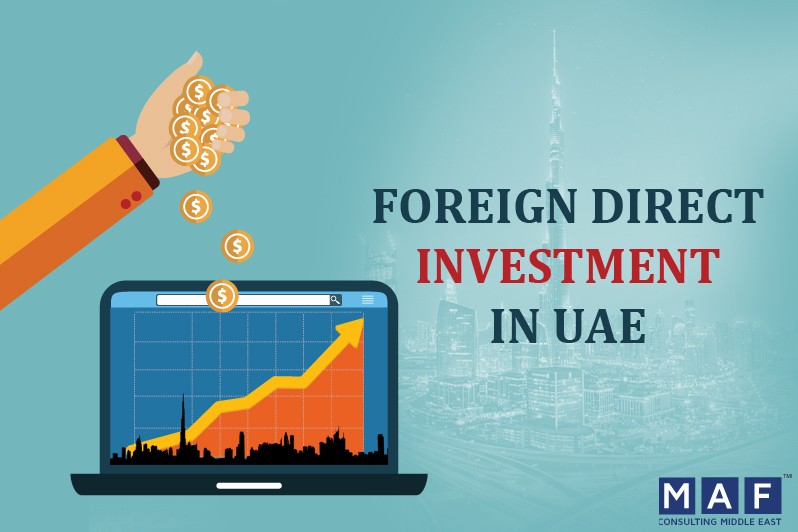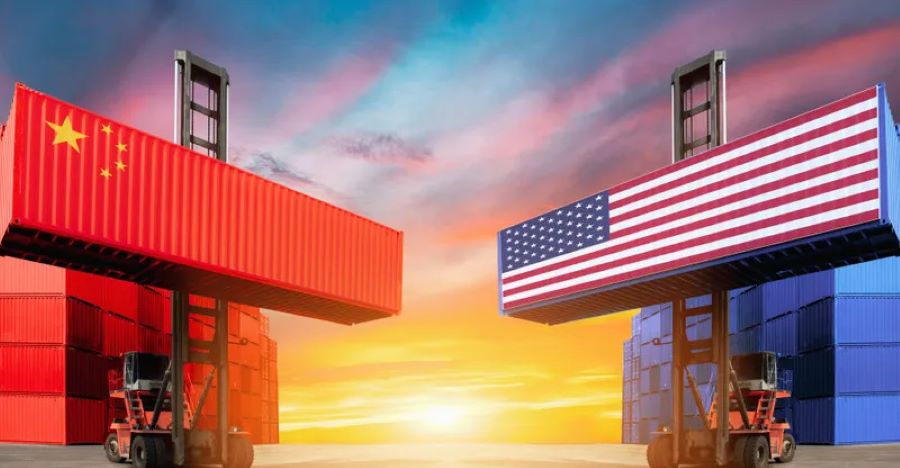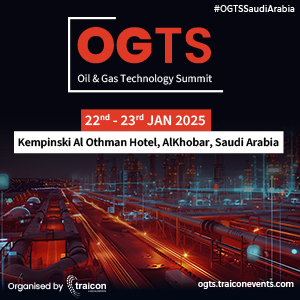
Globalbizmag.com
FDI flows into UAE rise 5% to $20 billion in 2021
Foreign direct investment flows into the UAE increased 5% or $1 billion to $21 billion IN 2021 as the Emirate maintained its ranking among the world’s top 20 FDI recipient nations.
This was revealed by the UN Conference on Trade and Development’s (UNCTAD) in its latest World Investment Report 2021 which was released on Thursday. The UAE was not only ranked 19th on the list of the world’s largest FDI recipient countries but also ranked as the largest FDI recipient in the Arab World.
However, the UAE’s ranking dropped when compared to 2020 when it was ranked 13th on the list of top FDI recipients.
The US, China, Hong Kong, Singapore, Canada, Brazil, India, South Africa, Russian Federation and Mexico were the top 10 largest global FDI recipients last year.
FDI into the Middle East increased 59% to $55 billion in 2021 from $35 billion in 2020, mainly driven by a significant rise in cross-border M&As.
“While the UAE remained the largest recipient with stable flows of around $20 billion, inflows more than tripled in Saudi Arabia and rose by 60% in Turkey. In the UAE, DHL Global Forwarding (Germany) and Total (France) announced the building of a solar energy project in Dubai for $633 million. FDI inflows to Saudi Arabia rose to $19 billion from $5.3 billion in 2020 thanks to two large deals,” UNCTAD said in its report 2022.
UAE Ranked 17th For Outflows
The UAE was ranked 17th for FDI outflows in 2021, amounting to $23 billion as compared to $19 billion in the previous year. However, Middle East cross-border M&A purchases rose from -$1.3 billion to $7.7 billion.
Globally, the UNCTAD report said flows of foreign direct investment recovered to pre-pandemic levels last year, hitting nearly $1.6 trillion but the prospects for this year are grimmer.
Coming off a low base in 2020, global FDI flows rose 64% to $1.58 trillion last year with momentum from booming merger and acquisition (M&A) activity and rapid growth in international project finance due to loose financing and major infrastructure stimulus packages.
“The need for investment in productive capacity, in the Sustainable Development Goals (SDGs) and climate change mitigation and adaptation is enormous. Current investment trends in these areas are not unanimously positive,” said Rebeca Grynspan, secretary-general of UNCTAD.
“It is important that we act now. Even though countries face very alarming immediate problems stemming from the cost-of-living crisis, it is important we are able to invest in the long term,” she said.












